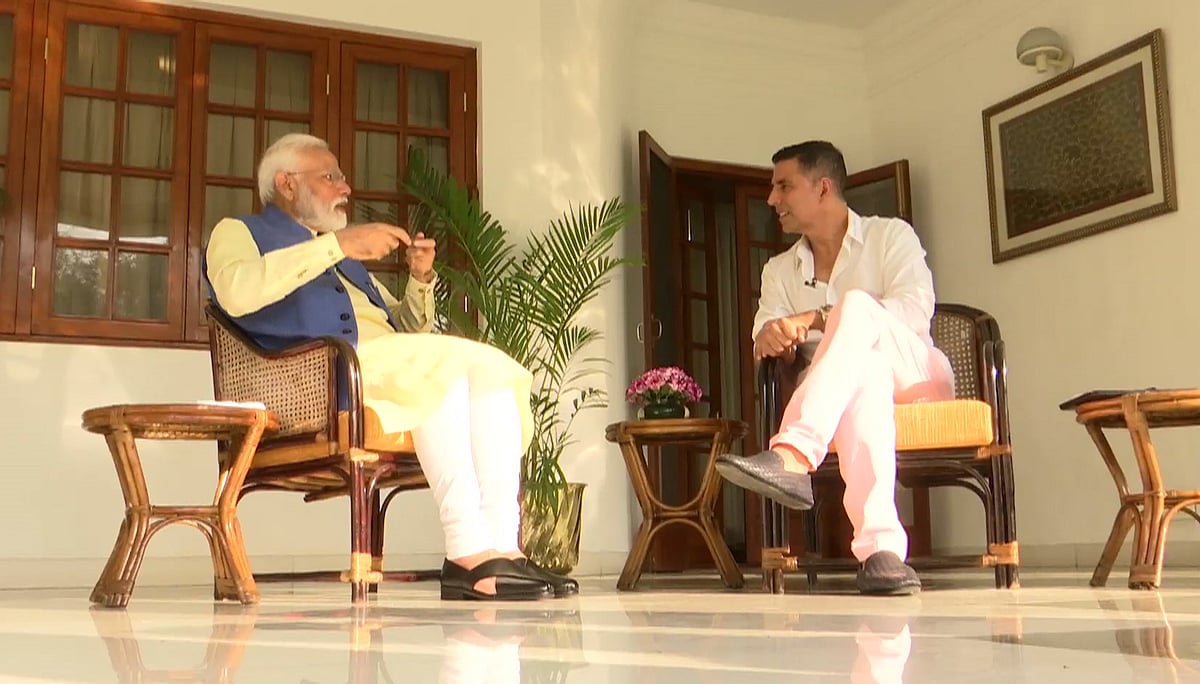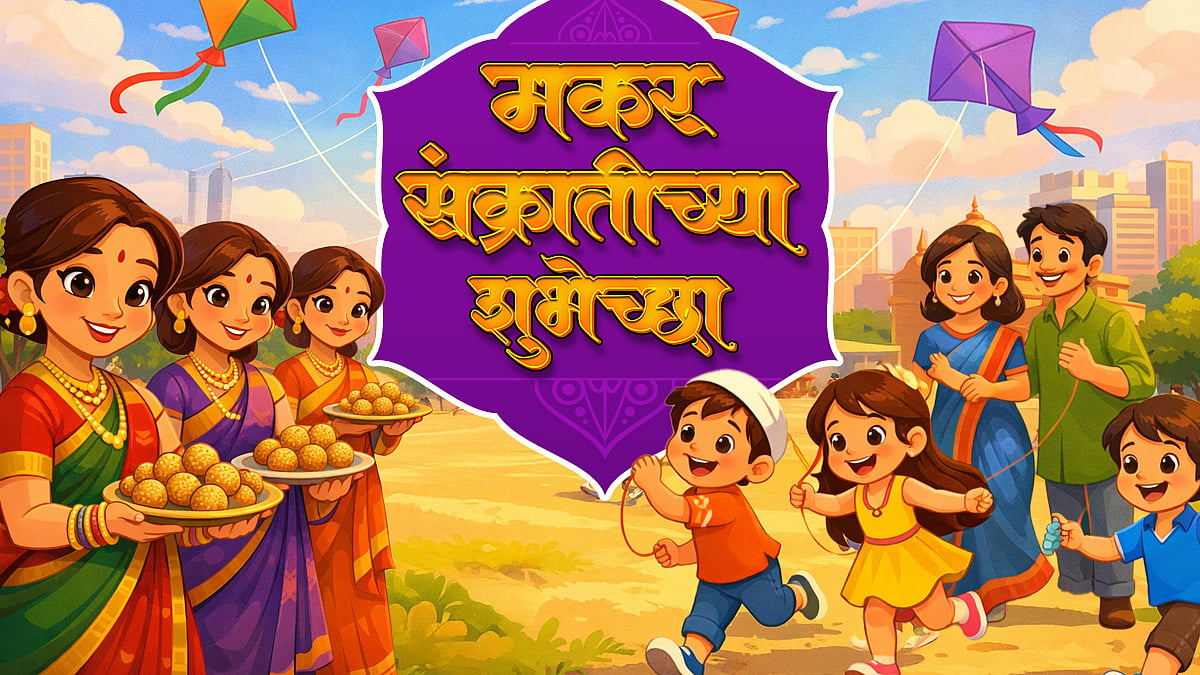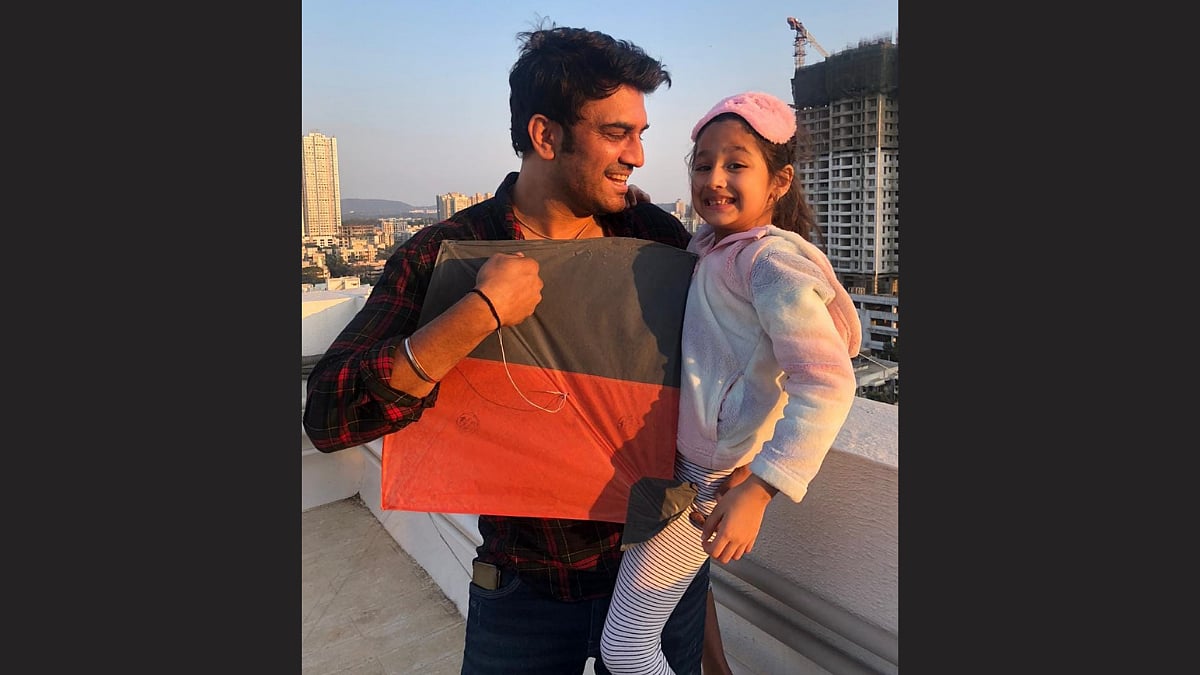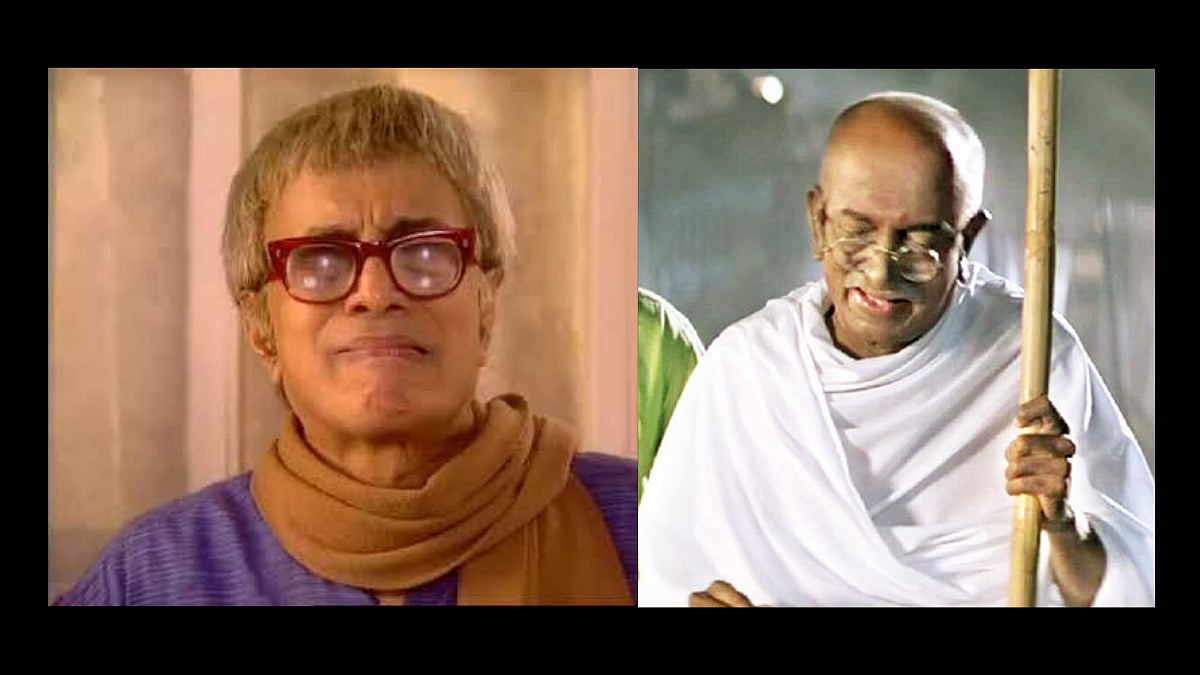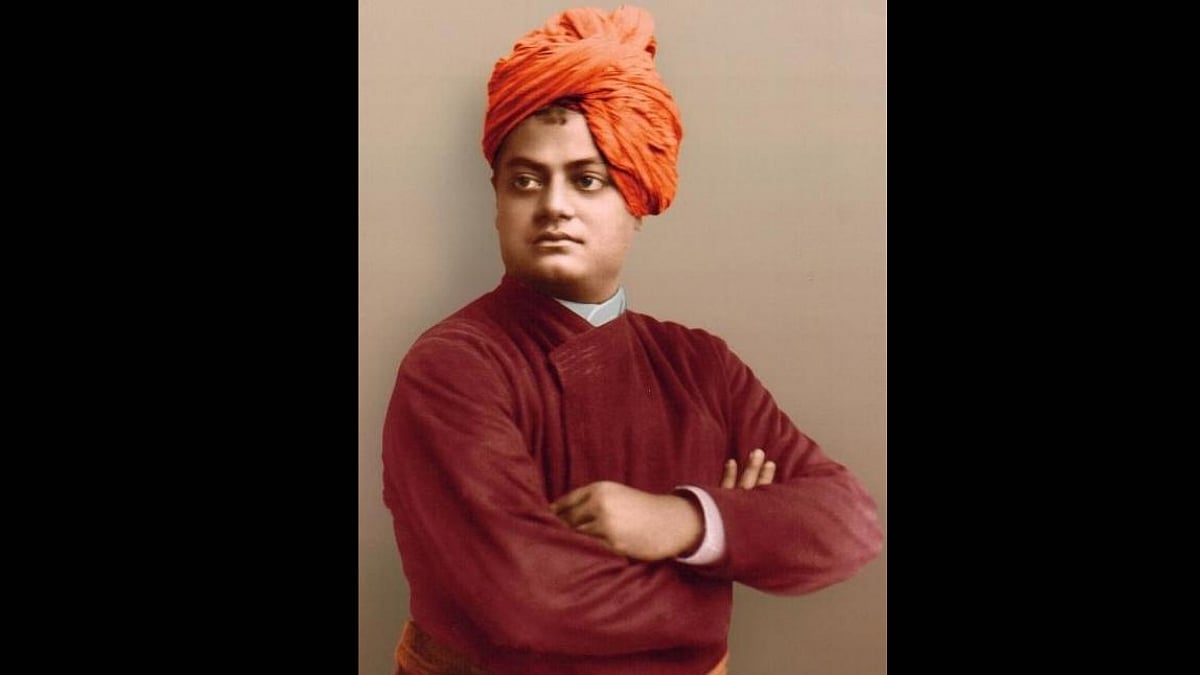A chance conversation with a friend set retired cricketer Sandeep Patil and his actor son Chirag Patil on a path of wildlife conservation.
The 66-year-old is known for his instrumental role in leading India to victory during the 1983 World Cup. In 2019, makers of the Bollywood film 83 announced that 35-year-old Chirag would essay his father’s role and recreate the win. That same year, the duo made it to papers for a whole new reason — they decided to sponsor Tara’s welfare and that instantly won our hearts!
Tara was only 1.8-years-old back then. A captive female leopard, she lives in an enclosure at Borivali’s Sanjay Gandhi National Park.
“Dad knows Sunil Limaye (former director of SGNP),” Chirag tells us, adding, “Through a random chat, he told us that we could adopt an animal at the zoo. We both jumped at the idea as we wondered — wow, what a noble thing to do.”

The Patils sent in their application to the national park and were accepted by the committee to adopt Tara. The father-son duo would make it a habit to visit her every month. As her formal adopters, they also got their names printed on a board outside Tara’s enclosure.
Tara now had a family sponsoring her needs for one whole year. This is only thanks to the government resolution that was sent to SGNP in 2013.
Adopt a lion, tiger, leopard…
As part of the adoption scheme at SGNP, people get a chance to pay for a captive animal’s food, medicine, fee of a caretaker and security guard deployed outside the enclosure, among other things.

One of the lions adopted by SBI |
Vijay Barabde, range forest officer, lion safari, tells The Free Press Journal that the scheme took a few years to take off.
“In the initial few years since the Government of Maharashtra sent the GR to SGNP, there weren’t too many takers. But slowly things picked up. Celebrities showed the way, and today, even common public who can spare some funds sign up for the adoption scheme,” Barabde adds.
In the last decade, the adoption rates have remained the same. Leopards are most preferred by adopters.
Families can sponsor a lion for Rs 3,00,000 per year, a white tiger for Rs 3,20,000, a tiger for Rs 3,10,000, a leopard or a panther for Rs 1,20,000, and so on. Smaller animals require low maintenance, and so, are more affordable for adopters. For instance, a rusty spotted cat can be sponsored at Rs 50,000, a spotted deer at Rs 20,000, a blue bull at Rs 30,000 and a barking deer at Rs 10,000.
These rates differ from zoos. Some other zoos in the country offer a scheme to adopt a captive animal just for a day, some others have a provision for a month.
In 2009, the Van Vihar National Park in Bhopal launched a similar initiative. The zoo sprawls over 445 hectares of land and has a wide range of wild animals. Some others are Bhubaneshwar’s Nandankanan zoo, the Indira Gandhi Zoo in Visakhapatnam, Mysuru Zoo in Karnataka, and most recently the National Zoological Park in Delhi.
Building deep connections
The main motto behind starting such programmes is to spread awareness among the general public about wildlife.

“The current scenario is that our national park is getting smaller and smaller,” Chirag rues. “There is only so much the government can do. If we can lend a hand and help these animals, then there is nothing like it. This is just a small contribution for a greater good.”
Agrees Krishna Tiwari. A wildlife expert, Tiwari grew up in the lap of SGNP.
“With your participation in the scheme, you develop a strong interest in wildlife conservation. A lot of love and affection is built towards the animal as well. It’s a great scheme undoubtedly, but awareness of it had been lagging for a long time,” Tiwari says, adding that animal adoption has become popular only in the recent past.
The government is still struggling to advertise this for the common public, and so, those keen on adopting have little or no clue on how to go about the process.
Barabde says that the government has printed a few ads in newspapers regarding animal adoption. Activists and experts feel advertisement needs to be amplified through various other mediums as well.
The process
At SGNP, officials receive several calls asking if they can take a lion or a tiger home for a few days.
“It's hilarious,” laughs Barabde. “But also concerning at the same time. As people are still not aware of the initiative, we have decided to start using other informal methods to reach out to them.”
Chirag, for instance, encourages his family and friends to adopt an animal. He even extended Tara’s adoption for another year.
“The process is pretty simple,” Barabde tells us. “There is a form which the official can send over WhatsApp or email. You need to fill in your details and send it by post to the national park along with a demand draft or a cheque. The payment is only accepted when received in advance.”
Every month, the park’s director along with committee members wade through these heaps of applications. “We accept them on first-come, first-serve basis, others are rejected and their DD or cheque returned,” he adds.
You can adopt an animal only for a year, and extend it for another year by paying the same amount. If the animal succumbs to any disease post adoption, the money is not refunded to the adopter. The adopter can also not discontinue the scheme before it completes one year.
“The government is not doing this due to lack of funds,” he clarifies. “A lot of animal lovers want to do their part, this is
just an opportunity for them to begin. A big carnivore like a tiger needs Rs 5 lakh per year. He is served 10 kg mutton per day, and the government bears the maximum expense."
Lucky adopters get to meet the animal without purchasing a ticket. They obviously don’t get the liberty to change the adopted animal’s name, but get a certificate authorising the bond.


